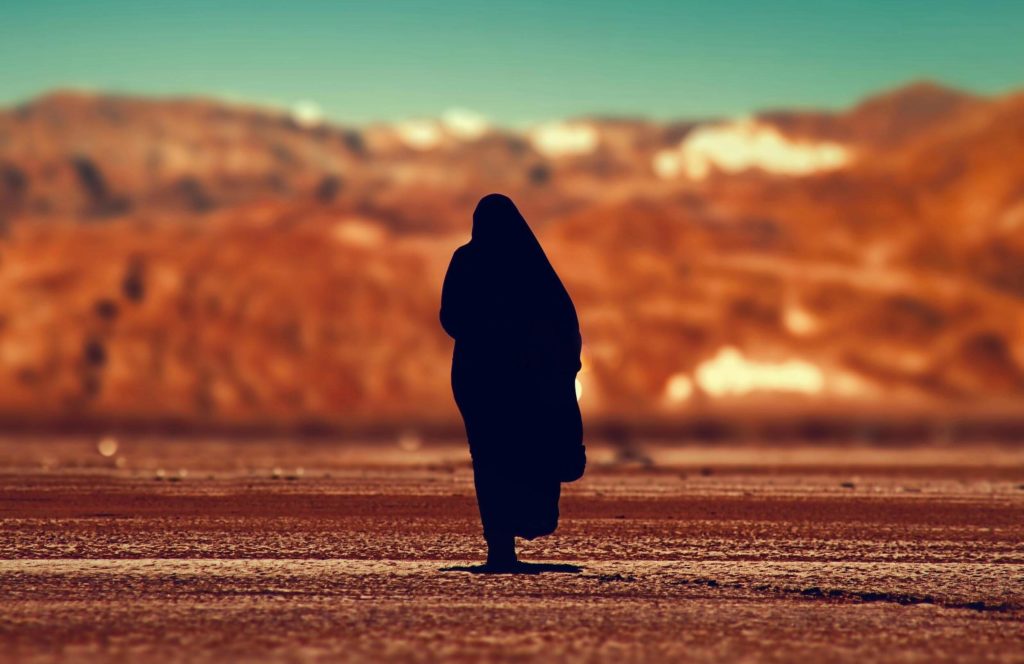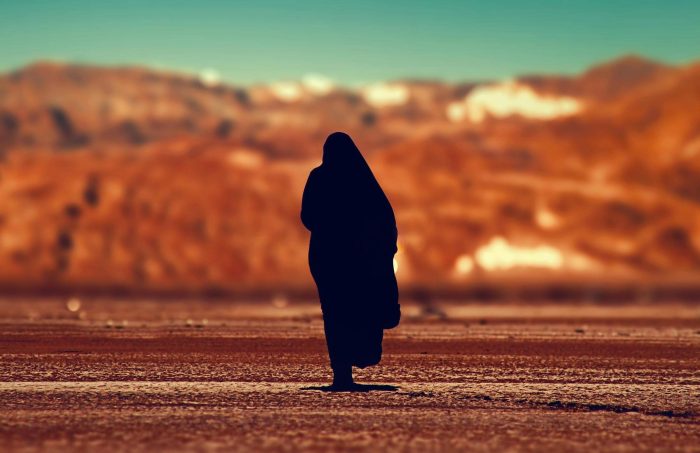Travel Ban Waiver
One of the most controversial actions that President Trump has taken after being elected into the office is the travel ban. Issued on Sep. 24th, 2017, by Trump’s executive power, the travel ban prohibits all immigrants and certain nonimmigrants from Iran, Libya, North Korea, Somalia, Syria, and Yemen, and specific individuals from Venezuela from entering the United States. According to Presidential Proclamation 9645, a visa applicant from one of the countries impacted by the travel ban may qualify for a waiver if he/she can prove that:
1) Denying entry would cause the foreign national undue hardship;
2) Entry would not pose a threat to the national security or public safety of the United States; and
3) Entry would be in the national interest.
The proclamation specifically states that grant of a waiver is appropriate when the “foreign national seeks to enter the United States to visit or reside with a close family member (e.g., a spouse, child, or parent) who is a United States citizen, lawful permanent resident, or alien lawfully admitted on a valid nonimmigrant visa, and the denial of entry would cause the foreign national undue hardship.”
Explanation of the conditions:
Denying entry would cause the foreign national undue hardship;
- To explain the “hardship” requirement, in a letter from the Assistant Secretary of Legislative Affairs of DOS to Senator Van Hollen, dated February 22, 2018, DOS indicated that in order to satisfy the undue hardship criterion, the applicant must demonstrate to the satisfaction of the consular officer that an unusual situation exists that compels immediate travel by the applicant and that delaying visa issuance and the associated travel plans would defeat the purpose of the travel.
Entry would not pose a threat to the national security or public safety of the United States; and
- Whether one’s entry into the United States would pose a threat to national security or public safety can only be evaluated by the appropriate entities within the U.S. Government. For the second requirement, the applicant must show that “a U.S. person or entity would suffer hardship if the applicant could not travel” to the U.S until the travel ban is lifted.
Entry would be in the national interest.
- Department of States clarified that “the applicant’s travel may be considered in the national interest if the applicant demonstrates to the consular officer’s satisfaction that a U.S. person or entity would suffer hardship if the applicant could not travel until after visa restrictions imposed with respect to nationals of that country are lifted.”

How to apply for the travel ban waiver?
There would be no waiver form created for the travel ban waiver process, which means that there is no additional fee to review one’s waiver application. The applicant will be expected to apply for the visa, as usual, pay all the application fees, and apply for the waiver during one’s visa interview at a U.S. consulate or after. During the interview, the applicant is expected to summarize one’s reasons for applying the waiver through written material, along with all the evidence necessary (including a declaration claiming the urgency and importance of one getting the waiver, supporting materials from multiple unbiased authorities, copies of one’s itinerary, and one’s visas from other countries, etc.).
It can always be helpful to hire an immigration lawyer to help with your case and appeal the embassy’s decision had the application been rejected.
KEEP READING Waivers FAQ Deportation Defense Citizenship Travel Ban Update: Ninth Circuit Holds EO-3 Exceeds President’s Power US O-3 Visa eligibility – Family O-1B Visa for Artists








 by Prozco®
by Prozco®